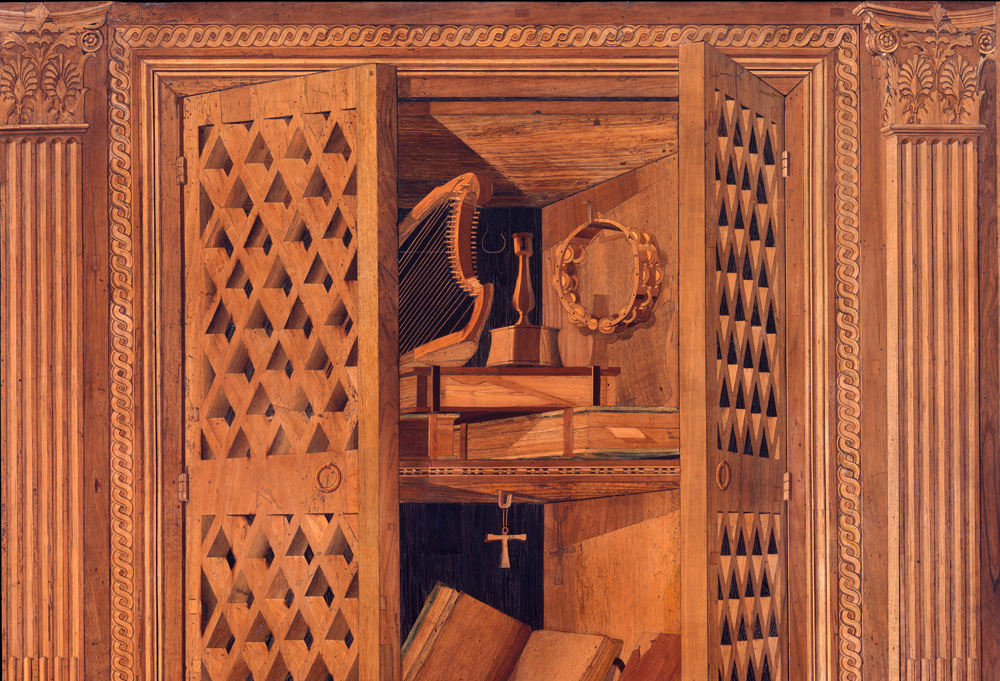Libraries, Lives, and the Organization of Knowledge in the Pre-Modern World

Where libraries and archives are the physical sites of knowledge–they bound and register knowledge by their collecting practices–book- and author-lists codify knowledge symbolically, offering an ideal domain of knowledge to which individual libraries appeal or repudiate. Biographies, and especially biographical collections, present a way to aggregate and encapsulate the knowledge of the library. They present readers with summaries of learning and exemplars of learned individuals.
This conference will focus on the objects and artifacts of knowledge. It will explore how the idea of the authoritative corpus changes over the course of antiquity and its reception and examine keys to knowledge both metaphorical and actual. These instruments include libraries, lists, appendices and programmatic statements. How were such documents and venues theorized? How do they frame knowledge and set terms of access to it and mastery of it? The answers to these questions can tell us about traditions of knowledge, changing attitudes towards knowledge production, and the changing content of 'learnedness' itself.
This conference is partially organized and funded by the Centre for Neoplatonic Virtue Ethics at the University of Copenhagen.